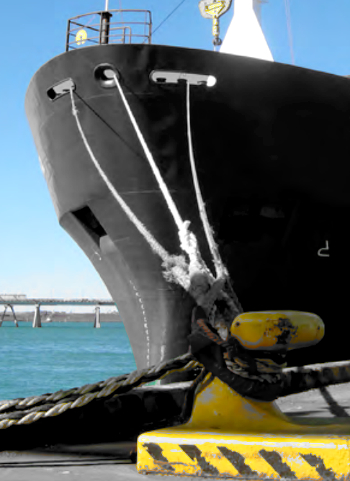Offshore strikes loom
 Global markets are preparing for supply disruptions as Woodside workers threaten to strike.
Global markets are preparing for supply disruptions as Woodside workers threaten to strike.
Offshore platform employees at Woodside Energy, a key player in Australian gas exports, are on the brink of a strike due to stalled negotiations over pay and working conditions.
The unions representing the workers have indicated that if the upcoming round of negotiations, scheduled for Wednesday, fails to produce favourable results, they will proceed with industrial action as early as September 2.
Brad Gandy, spokesperson for the Offshore Alliance, a coalition of the Australian Workers’ Union and the Maritime Union of Australia, says Woodside's efforts to avoid collective bargaining have been unsuccessful.
The negotiations are crucial, as they seek to establish industry-standard wage rates and conditions in a sector where individual contracts are common.
Earlier this year, after a prolonged legal battle, unions secured the right to collectively bargain with Woodside, which also opened the door for protected industrial action at Woodside's North West Shelf offshore gas platforms.
The combined projects of Chevron and Woodside account for more than 10 per cent of the global supply of liquefied natural gas (LNG), sourced from both offshore and onshore operations in Western Australia.
The extended negotiations have contributed to fluctuations in European gas prices recently, as the possibility of industrial action grows.
While the affected LNG does not directly serve Europe, any supply disruption would impact a global market already struggling to replace Russian supplies.
Union regulations require a seven-day notice period before industrial action can commence. If a notice is issued after Wednesday's meeting, a strike could occur on September 2.
Chevron workers are also contemplating strike action. The results of ballots regarding their willingness to engage in industrial action will be disclosed on Thursday, raising concerns of potential extended disruptions to major projects like Gorgon and Wheatstone.
The threat of strikes in Australia has sent European natural gas prices to a two-month high, increasing concerns about global supply stability as winter approaches.
While gas prices remain below last year's crisis levels, Europe's high gas storage and limited reliance on Australian fuel reduce immediate concerns. However, reduced fuel shipments to Asia could intensify competition for alternative gas sources.








 Print
Print